Supreme Court considers whether CIA’s black sites are state secrets
Enlarge this image
Abu Zubaydah , who has never been charged, is held at Guantanamo Bay. He is at the center of Wednesday’s case before the U.S. Supreme Court.
Brennan Linsley/AP
hide caption
toggle caption
Brennan Linsley/AP
From 2014
‘Torture Report’: A Closer Look At When And What President Bush Knew
Indeed, when accounts of the torture program became public, then-President George W. Bush, for all practical purposes, denounced it, and the Justice Department opinion that had permitted it was withdrawn. What’s more, Congress passed legislation forbidding such treatment in the future.
In 2010, Zubaydah, through his attorney, Margulies, filed a criminal complaint in Poland seeking to hold Polish officials accountable for their purported complicity in his «unlawful detention and torture. But when Polish prosecutors separately sought information from the United States about the operations in Poland, the U.S. government refused to provide the information, on grounds of national security. Margulies then successfully appealed to the European Court on Human Rights, which prompted a reopening of the Polish investigation. But the inquiry stalled when the U.S. refused again to provide any information about Zubaydah’s detention.
His lawyer then went to court in the United States seeking testimony from the two psychologists who had supervised Zubaydah’s questioning. Both had testified previously and one of them had written a book about it.
Investigations
Architect Of CIA’s Torture Program Says It Went Too Far
Now the case is before the Supreme Court, a court with a conservative super-majority, and one justice, Brett Kavanaugh, who was a top aide to Bush, literally running for his life on 9/11 when the hijackers were thought to be headed to the White House.
Margulies, however, is undeterred.
«Yes, this case is about gathering information for use by the Polish prosecutions, he says. «There needs to be an accounting. Torture must be known. You cannot allow torture to be done in secret and kept in secret. That’s fundamentally what this case is about.
Specifically the question before the court is whether the so-called «state secrets privilege protects the information in this case. The privilege, adopted by the high court in 1953, allows the government to seek to block evidence for a trial in the interest of national security. Ultimately it is the courts that make that decision. In this case the Trump administration, and now the Biden administration, opposed Zubaydah’s subpoena for testimony from the two psychologists.
Both administrations have conceded that there has been widespread coverage of Poland’s role in the torture program, but it would be entirely different, the administrations have said, for the U.S. government to confirm any of the torture reports or for the U.S. government to provide the names of those who helped facilitate the program in another country.
Обсудим?
Смотрите также:

